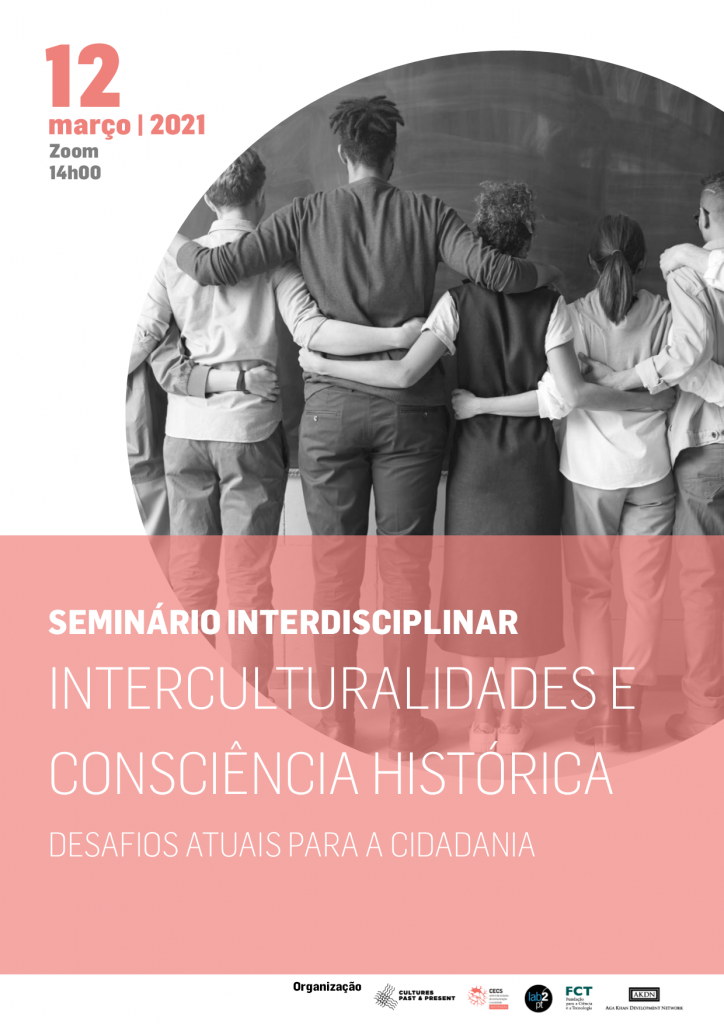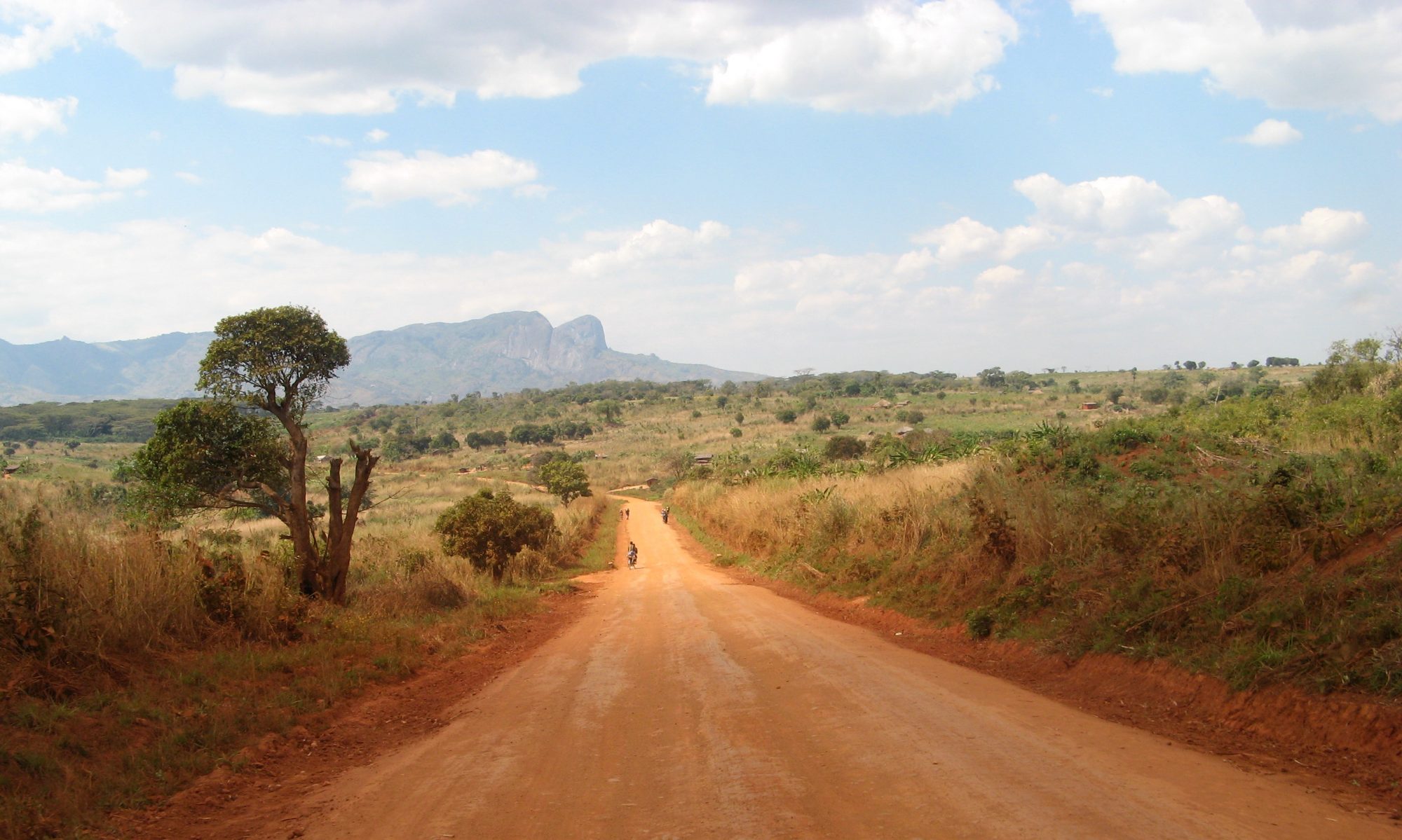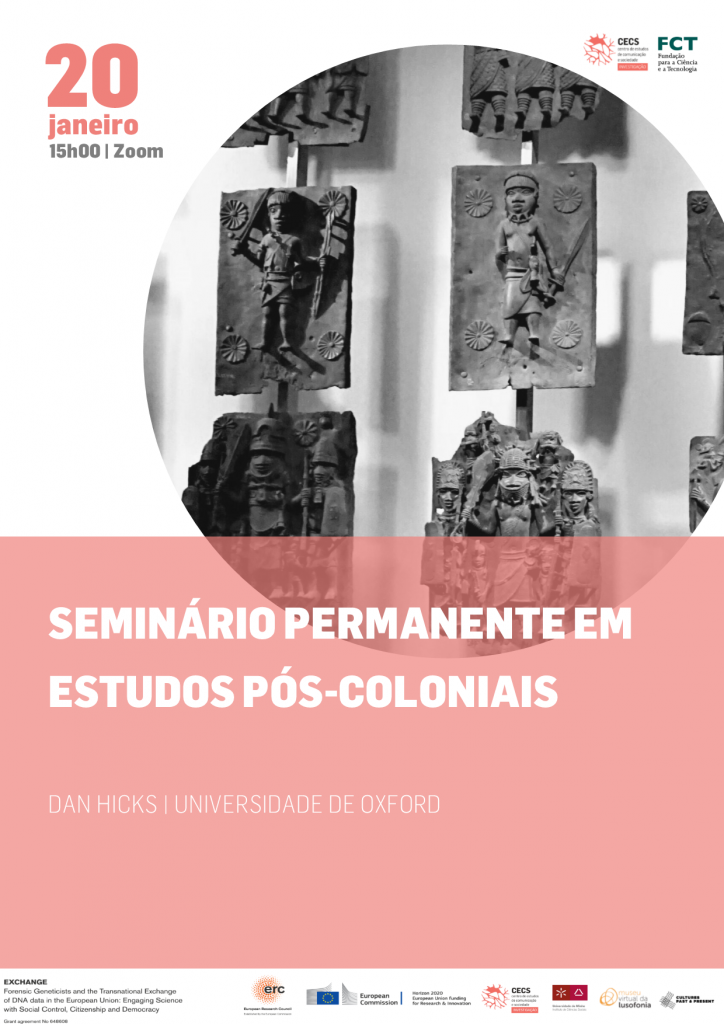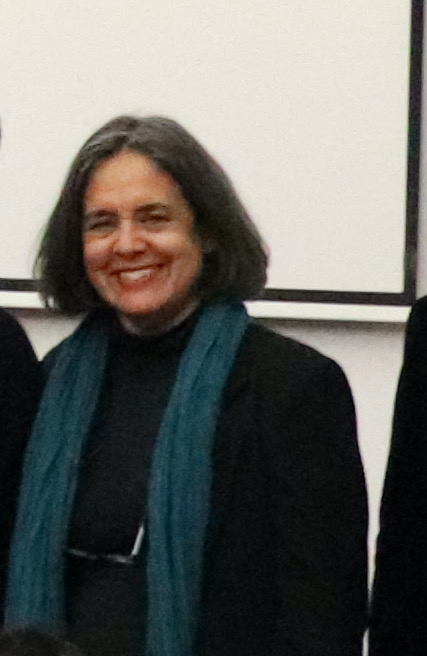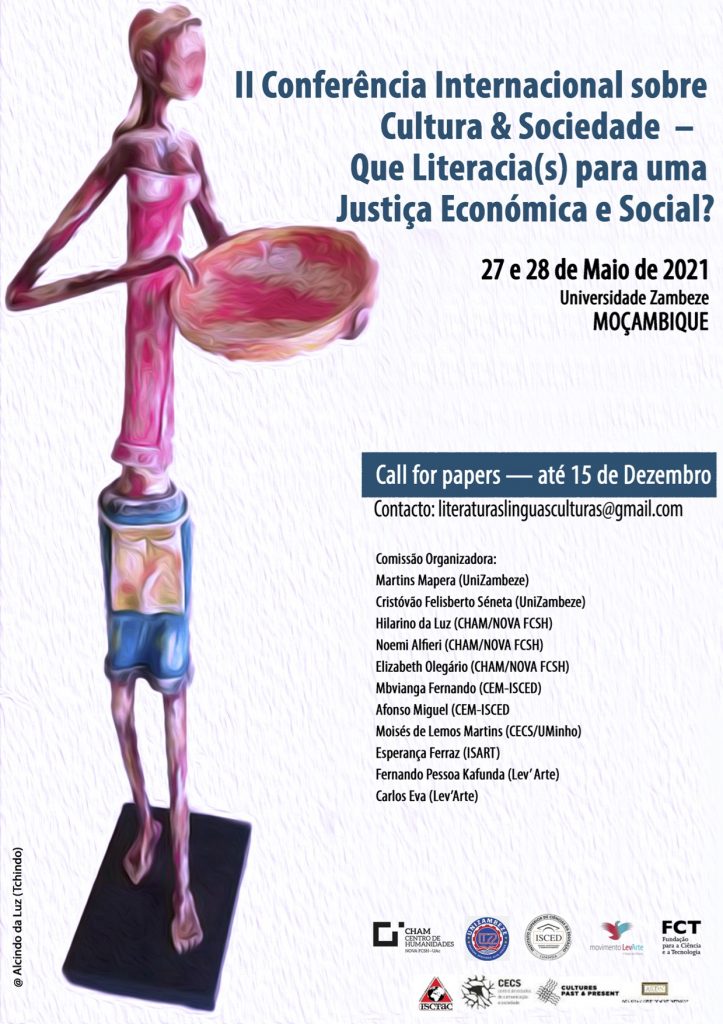Interdisciplinary Seminar Interculturalities and historical awareness: current challenges for citizenship
March 12, 2021 ZOOM 14:00 – 18:00
PROGRAM
Opening – Moisés de Lemos Martins – CECS
Cultural memory and historical awareness: a transdisciplinary domain? – Rosa Cabecinhas – CECS
Historiographic representations, transnational historical awareness and symbolic networks. Current definition problems and critical markers – Francisco Azevedo Mendes – LAB2PT
Historical awareness, narrative and identity – reflections and dialogues – Marília Gago – Institute of Education of the University of Minho and CITCEM – Faculty of Arts of the University of Porto
15:45 – 16:00 BREAK
Teaching History and the construction of national identity in the period after independence in Mozambique – Cassimo Jamal – Licungo University, Quelimane
The framing of the History of Africa in the Angolan education system. Practices and experiences – Jacob Lussento Cupata – Higher Institute of Educational Sciences of Cuanza Sul (ISCED / CS), University Katyavala Bwila (UKB), Angola
Cultural memory, identities and education: reflections from a reception study with secondary school students – Isabel Macedo – CECS
“Fake news” in the classroom: current historical method – Alberto Sá – CECS
Moderators: Sheila Khan – CECS and Alice Balbé – CECS
Free event, with mandatory registration until March 10th by the Form.
Organization:
“Memories, cultures and identities: how the past weights on the present-day intercultural relations in Mozambique and Portugal?”, Communication and Society Research Centre (CECS, University of Minho, Portugal)
Lab2PT – Landscape, Heritage and Territory Laboratory
Permanent Seminar on Communication and Diversity
Doctoral Program in Cultural Studies
